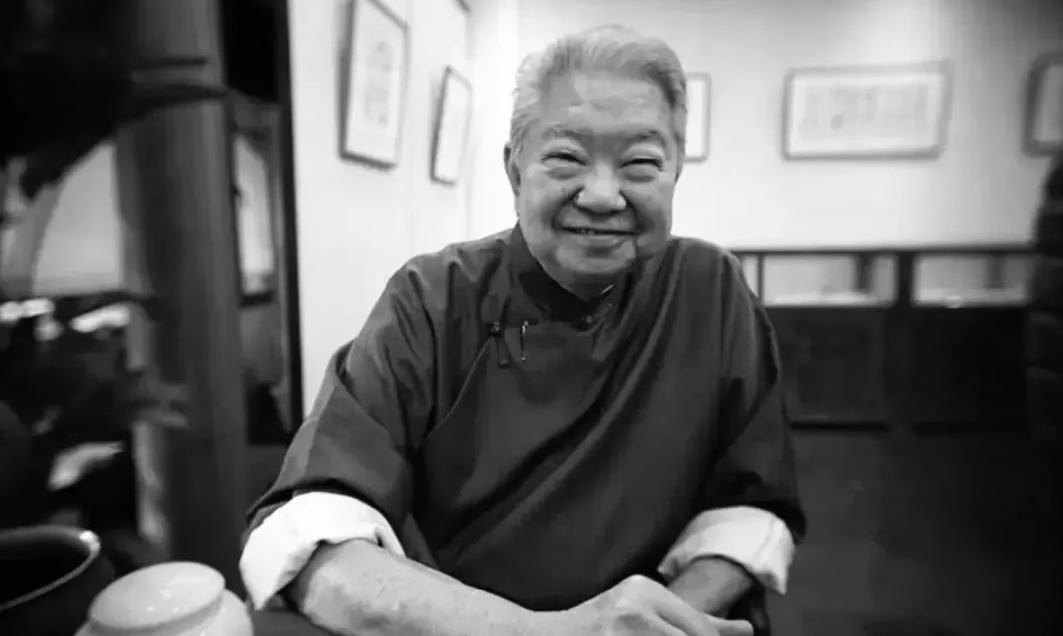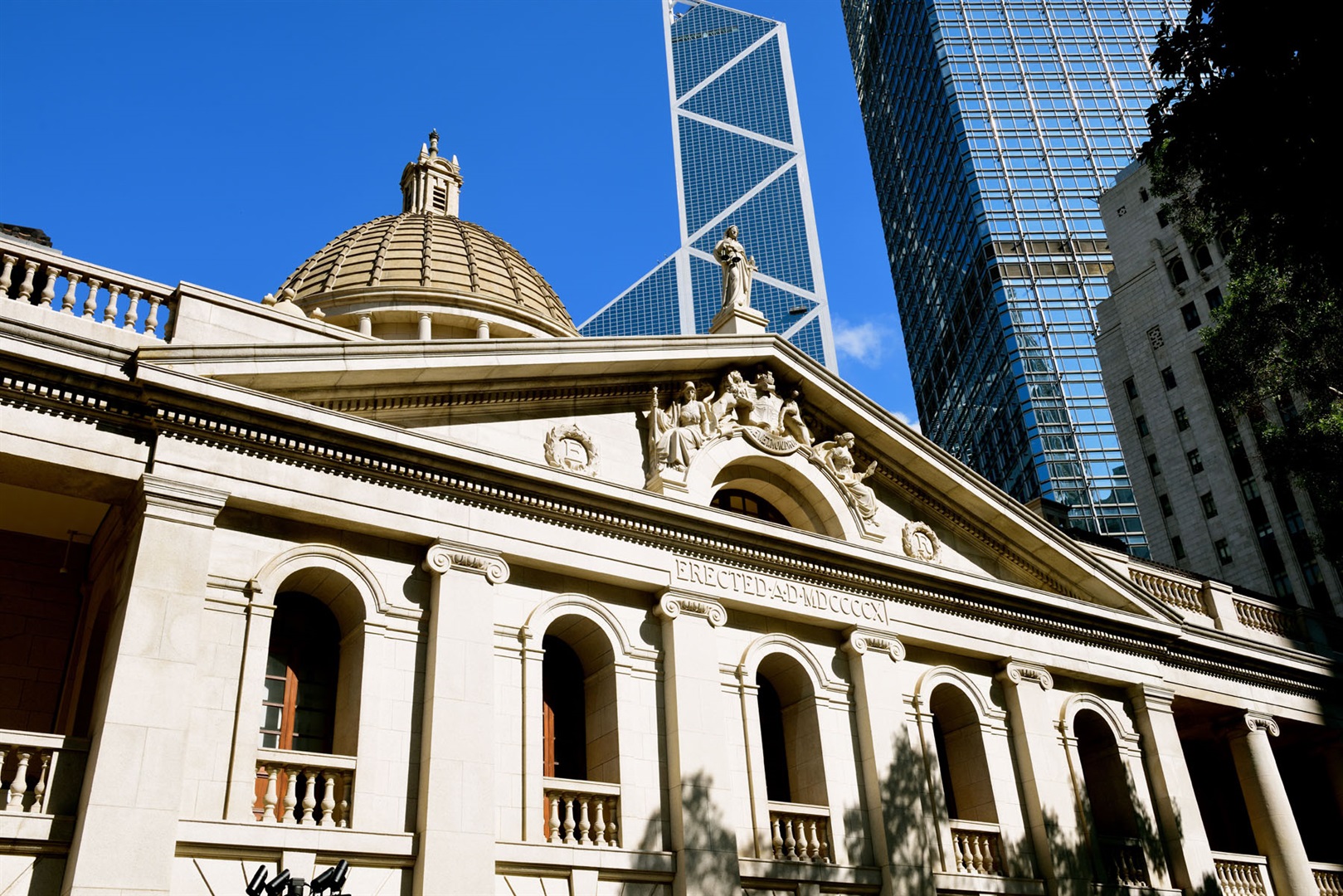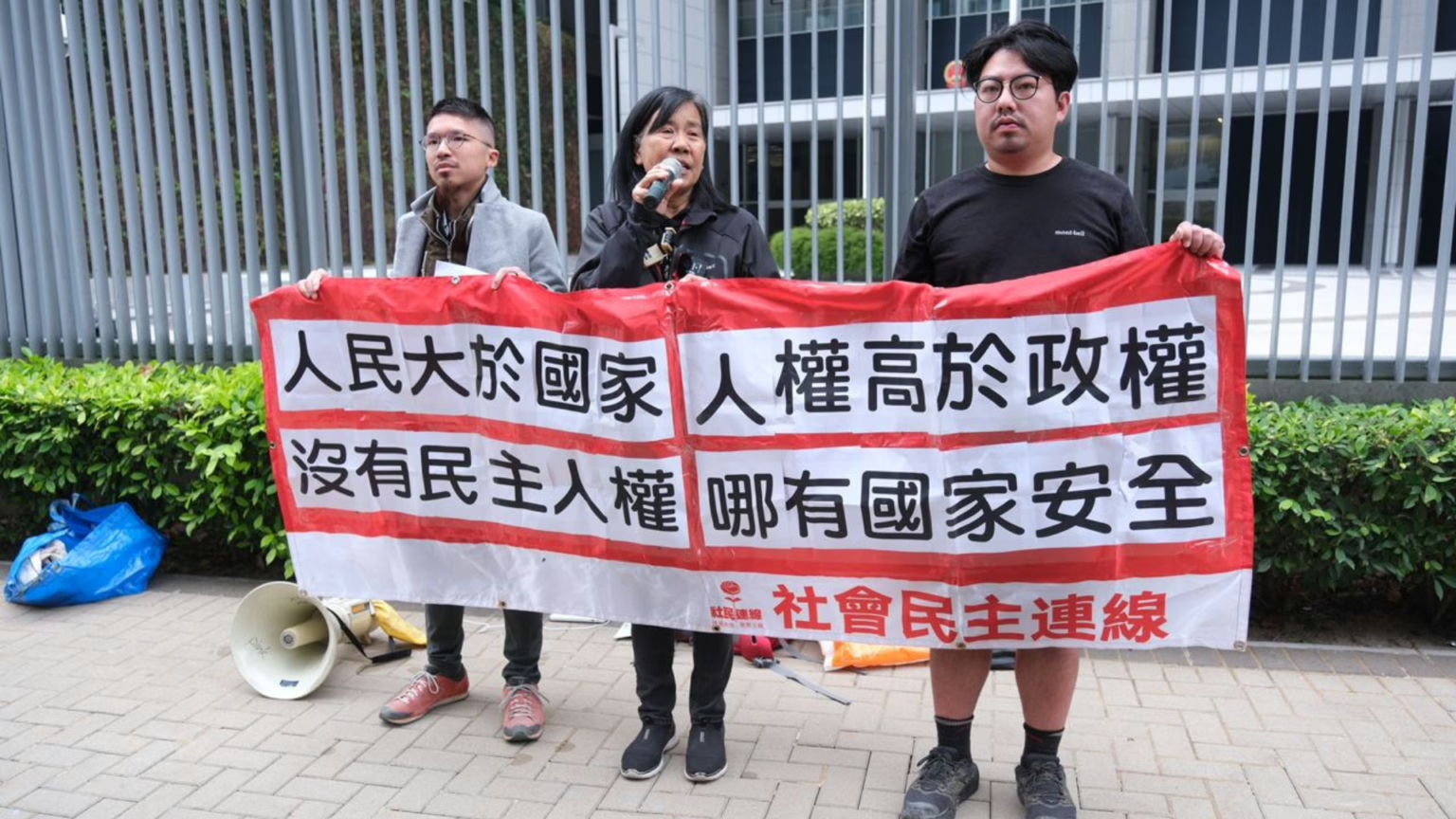Hong Kong is in mourning following the passing of Chua Lam, renowned writer, gourmet, and film producer, who died peacefully on 25 June 2025 at Hong Kong Sanatorium & Hospital, aged 83. As one of the “Hong Kong Four Talents” alongside Louis Cha (Jin Yong), Ni Kuang, and James Wong, Chua’s death marks the end of an era for the quartet that defined Hong Kong’s cultural landscape in the 1970s and 1980s. His family announced that, per his wishes, no ceremonies would be held, and his body has been cremated. This report commemorates Chua Lam’s life and contributions while reflecting on the legacies of the other three talents.
Chua Lam: A Life of Wit, Taste, and Cultural Influence
Born on 18 August 1941 in Singapore to a Teochew family, Chua Lam (also known as Choi Lan) was a polymath whose career spanned writing, food criticism, television hosting, and film production. His father, a poet, and his mother, a school principal, instilled in him a love for literature and culture. At 14, Chua published his first article in Singapore’s Nanyang Siang Pau, and by 18, he was studying film at Nihon University in Japan, working part-time for Shaw Brothers Studio as a translator and manager. Settling in Hong Kong in 1963, he became a production manager at Shaw Brothers, later producing films for Golden Harvest, including iconic Jackie Chan movies like Mr. Nice Guy and City Hunter.
Chua’s true legacy lies in his role as a cultural commentator and food critic. Known for his witty, humorous writing style and zest for life, he penned columns for Hong Kong’s Oriental Daily, Next Magazine, and Apple Daily, sharing insights on food, travel, and philosophy. His television appearances, notably as a judge on Japan’s Iron Chef and co-host of Hong Kong’s No Defense Tonight with Ni Kuang and James Wong, endeared him to audiences. His signature “yellow bag” became a symbol of his distinctive personality. Despite his accolades, Chua humbly rejected the “talent” label, once stating, “The title of talent has little to do with me.”
In recent years, Chua’s health declined. In 2023, he suffered a hip fracture while rushing to aid his wife, who passed away shortly after, deeply affecting him. Earlier this year, he was admitted to the ICU, though he reassured fans via social media, “Thank you for your concern; I’m not critically ill, no need to worry.” His passing on 25 June, surrounded by loved ones, closes a chapter for Hong Kong’s cultural history.
The Hong Kong Four Talents: A Collective Legacy
The “Hong Kong Four Talents,” also known as the “Four Talents of Xiangjiang,” comprised Louis Cha (Jin Yong), Ni Kuang, James Wong, and Chua Lam. These four, all immigrants to Hong Kong post-1949, were close friends whose contributions in literature, science fiction, music, and culinary arts shaped the city’s cultural identity during its golden age. Each brought unique talents, blending Chinese traditions with modern sensibilities, leaving an indelible mark on generations.
- Louis Cha (Jin Yong, 1924–2018): Born in Haining, Zhejiang, Cha moved to Hong Kong in 1948. A titan of martial arts (wuxia) literature, he authored classics like The Legend of the Condor Heroes, The Return of the Condor Heroes, The Heaven Sword and Dragon Saber, and The Deer and the Cauldron. His novels, serialized in his own newspaper, Ming Pao, blended historical drama, Confucian values, and intricate storytelling, earning him global acclaim. Cha was also a journalist, entrepreneur, and political commentator, playing a key role in drafting Hong Kong’s Basic Law and receiving the Grand Bauhinia Medal. He passed away on 30 October 2018, aged 94, leaving a legacy as one of the most influential Chinese writers of the 20th century.
- Ni Kuang (1935–2022): Born in Shanghai and hailing from Ningbo, Zhejiang, Ni moved to Hong Kong in 1957. A prolific novelist, he was best known for his science fiction Wesley series, blending mystery, adventure, and speculative themes. Ni also wrote scripts for director Chang Cheh and ghostwrote for Jin Yong’s novels during Cha’s travels. His sharp wit and libertarian views shone through in his writings and as a co-host of No Defense Tonight. Ni took pride in his versatility, once boasting of his scriptwriting and ghostwriting feats. He passed away on 3 July 2022, aged 87, leaving behind a vast literary oeuvre.
- James Wong (Huang Zhan, 1941–2004): Born in Guangzhou, Wong moved to Hong Kong in 1949. A musical genius, he composed over 2,000 songs, including iconic Cantopop hits like “My Way” and film scores for A Better Tomorrow. His lyrics, often infused with chivalric spirit, captured Hong Kong’s zeitgeist. Wong was also a screenwriter, actor, and co-host of No Defense Tonight, where his humour and charisma shone. A graduate of the University of Hong Kong, he began his career in advertising before dominating the music industry. Wong succumbed to lung cancer on 24 November 2004, aged 63, but his melodies remain cultural touchstones.
A Cultural Era Concludes
With Chua Lam’s passing, the “Hong Kong Four Talents” have all left this world—Wong in 2004, Cha in 2018, Ni in 2022, and now Chua in 2025. Their collective work—Jin Yong’s epic narratives, Ni Kuang’s imaginative stories, James Wong’s soulful music, and Chua Lam’s worldly wisdom—forged a cultural identity that bridged East and West, tradition and modernity. As one social media post poignantly noted, “Jin Yong’s patriotism, Wong’s chivalry, Ni’s insight into humanity, and Chua’s worldly wisdom created a shared memory for a generation.”
Chua’s assistant, Yang Ao, announced his passing on social media, stating, “Our beloved Mr. Chua Lam passed away peacefully on 25 June 2025 at Hong Kong Sanatorium & Hospital, surrounded by loved ones. Per his wishes, no ceremonies were held, and his body has been cremated. We thank you for your care and concern.” The public response has been overwhelming, with tributes highlighting Chua’s zest for life and his ability to make the mundane profound.
As Hong Kong bids farewell to its last “talent,” the city reflects on a bygone era of cultural brilliance. The Four Talents may be gone, but their legacies endure, immortalised in books, songs, films, and the hearts of those they inspired.
Discover more from “Bridging Hongkongers. Reporting Truth.”
Subscribe to get the latest posts sent to your email.




